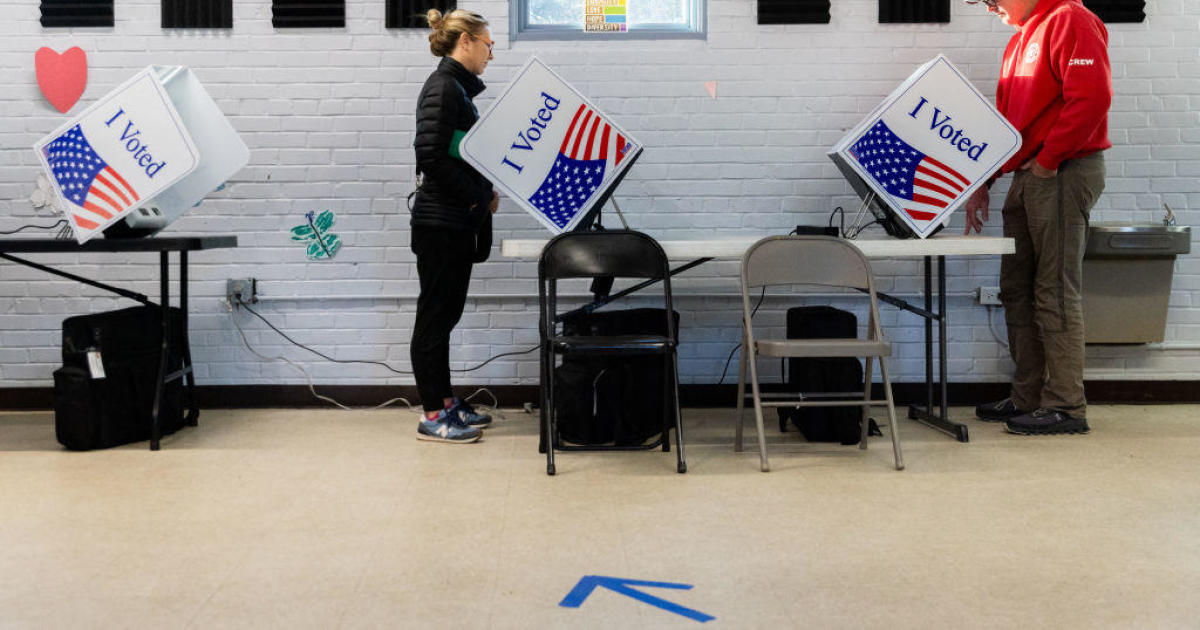A panel of federal district court judges in South Carolina has granted a request from Republican legislative leaders to conduct the 2024 elections for a congressional district in the state using a map that was determined to be racially gerrymandered. The judges ruled in favor of reinstating the lines for Congressional District 1 that were drawn by GOP state lawmakers following the 2020 Census. This decision came after the Republicans argued that changes to the district lines would confuse voters and lead to disorder as the candidate-filing period for the 2024 election cycle was already underway.
Despite previously concluding that the district was unlawful under the 14th Amendment, the judges decided to uphold the GOP-drawn map for the upcoming elections due to time constraints. With the primary election procedures quickly approaching and the Supreme Court still reviewing the case, the judges felt it was impractical to adopt a remedial plan before the April 27 deadline for mailing military and overseas ballots. This decision was met with criticism from Leah Aden, senior counsel for the Legal Defense Fund, who argued that holding another election under an invalidated map would delay justice for plaintiffs seeking a fair redistricting process.
The redistricting dispute in South Carolina began in the 2021 cycle when the South Carolina State Conference of the NAACP and a voter challenged the GOP-crafted congressional voting map in federal district court. The Republicans had constructed the district to favor their party, leading to accusations of racial gerrymandering and discriminatory intent. The three-judge panel overseeing the case initially blocked elections for Congressional District 1 until a constitutionally valid plan was approved, and later set a deadline for the GOP-led legislature to submit new boundaries after a Supreme Court ruling.
In January 2023, the panel concluded that state lawmakers had racially gerrymandered Congressional District 1 with discriminatory intent, prompting the court to intervene and halt elections under the invalidated map. The Supreme Court was asked to review the case and issue a ruling by January 1, but as of now, no decision has been made. While the timeline for a Supreme Court ruling remains uncertain, the justices appeared skeptical of the lower court’s decision during arguments in the fall, indicating a possible shift in the outcome of the case.
The ongoing legal battle over the redistricting of Congressional District 1 in South Carolina highlights the complexities and challenges of ensuring fair and constitutionally valid electoral maps. The decision to proceed with the 2024 elections using a map that was previously deemed racially gerrymandered raises concerns about voter representation and equality. As the case continues to unfold, the role of the courts and the Supreme Court in addressing allegations of racial discrimination in redistricting will be closely watched.









